
Rental credit checks are a thing, but do you know what they are? If you have rented an apartment or house, you have likely been asked to submit a few documents in addition to your rental application. These documents may include your identification, proof of income, credit score, etc.
If you are a prospective tenant, you may be asked to provide an updated credit report (i.e., dated within the past month) or the landlord may decide to run their own credit check on you.
This evaluation is called a ‘rental credit check’ and is used by the landlord to ensure that you will make your rent payments on time. As a tenant, you may have some questions about the components that go into your credit report and how to optimize your credit score to position yourself in a competitive market. This article addresses those questions and more to help you rise to the top of the applicant pile the next time you apply for an apartment or house.
- Rental credit checks: A detailed overview
- Why is a rental credit check important and will I be subject to one?
- How can I improve my credit score before a rental credit check?
- 1. Check for errors
- 2. Reduce your credit utilization
- 3. Pay your debts on time
- 4. Avoid hard inquiries on your profile in the months before your application
- Bonus: Get a secured credit card
- FAQs about rental credit checks in Canada
Rental credit checks: A detailed overview
When you request your own credit report or when a lending institution or landlord requests one on you, there are a few items that everyone can see and evaluate. These include, but are not limited to:
- Your credit score
- Your history of on-time, late, and missed payments
- Current debts owing
- Any accounts that are in collections, bankruptcies, or consumer proposals.
Your credit score is a number between 300 and 900 that summarizes your creditworthiness as a single number. The higher your credit score, the more creditworthy you are deemed to be. A score above 700 is generally considered to be good, while a score below 600 means that you may be considered a less attractive borrower to a lender, or a less attractive tenant to a landlord.
Various credit reporting agencies, known as credit bureaus, have different methods to calculate your credit score. In general, the main factors that go into the calculation are:
- Your payment history
- Your used credit vs. the total credit you have available
- The length of your credit history
- Number of inquiries, how many times you have applied for credit
- Public records, such as bankruptcies and accounts in collections
Why do landlords check your credit?
Your payment history is an important factor. Your landlord will likely focus on this to determine whether you have generally paid your obligations on time. This helps landlords assess the likelihood that you will make your rental payments on time as well.
Similarly, an overview of your current outstanding debts helps the landlord determine what other financial obligations you have, besides the rent you will pay each month, and compare it to your total income. This helps them determine if you can afford the rent.
The last aspect that landlords will likely consider is whether you have ever declared bankruptcy or have any of your accounts in collections. Landlords want stability with their tenants, so a bankruptcy or consumer proposal would likely hurt your chances of being approved for a rental property.
Why is a rental credit check important and will I be subject to one?
A credit check is used by landlords to assess the financial strength of a tenant and determine whether they will be able to make regularly scheduled rental payments. This helps them gain peace of mind and avoid expensive legal and eviction processes later on. Due to these benefits, most landlords will require you to either provide a credit report or disclose key personal details, such as your date of birth or social insurance number, at the time of the application so they can pull your credit themselves.
It is legal, and expected, for landlords to require this information before making a decision regarding an application. If you are asked to provide your own credit report, you have a few options. In Canada, the two main credit bureaus are Equifax and TransUnion. To access your credit report from these agencies, you need to go to their respective websites and provide the information required.
Alternatively, the landlord may decide to use a third party to access the tenant’s credit report. While some landlords may opt to access your report themselves, it could still be worth offering your own credit report to help save time and prevent your own score from being negatively impacted due to the request.
How can I improve my credit score before a rental credit check?
If you requested your credit report and see a score below a landlord’s requirement or below what you would like, there are a few actions you can take to bolster your score relatively quickly.
1. Check for errors
The first thing to do is to assess whether your score is accurate. The way to do this is by reviewing the different sections of the credit report and verifying the information. If you see a credit account that doesn’t belong to you, an account that was closed previously and is showing as outstanding, or any other mistake, flag the error immediately to the credit bureau.
You can file a dispute with Equifax and with TransUnion, depending on which reporting agency shows the error on your file. The bureau will then work with you to understand the error, verify it with the relevant creditor, and correct it as needed.
2. Reduce your credit utilization
One of the main drivers of your credit score is your rate of credit utilization. The lower the percentage of credit utilized compared to the total credit available to you, the better your credit score. There are two ways to reduce this percentage.
You can either pay down what you owe on your credit cards and lines of credit (LOCs), starting with the highest interest ones first, or you can increase the amount of credit available to you. The simplest way to increase your available credit is to ask your bank whether you qualify for an increase in your credit card limit or line of credit. But this only works as long as you do not borrow more and increase what you owe on those things.
Read More: How to Pay Off Debt with the Snowball Method or the Avalanche Method
3. Pay your debts on time
Missed or late payments hurt your credit score when the lender or creditor reports them to the bureaus. If you have outstanding payments that need to be made – whether they are on a loan, phone bill, utility bill, etc. – you should prioritize making them. The later you pay the outstanding bills, the more your credit score will suffer. You should also aim to pay your debts in full to avoid potentially expensive interest rates and to demonstrate strong repayment capabilities.
4. Avoid hard inquiries on your profile in the months before your application
Inquires are who and when a third party accessed your credit file because you applied for credit. A hard credit check differs from a soft credit check in that it adversely impacts your credit score. If you are on the market for another type of loan, such as a car loan or new credit card, at the same time as your rental application, it might be wise to apply for those things at a later date after the rental application has been approved.
Bonus: Get a secured credit card
If you have a credit score below 600, it can be more challenging to get your rental application approved. One way to improve your chances is with the help of a secured credit card. With a secured credit card, you have to place a deposit with the credit card provider that will likely be a percentage of the total credit limit on the card.
In the event that you are unable to make payments on time, the cash you pay upfront will be used to recoup some of the credit that the provider lent you. However, if you make payments on time and in full, this is a great way to rebuild your credit score over time.
Read More: The 16 best credit cards to rebuild your credit in Canada
FAQs about rental credit checks in Canada
The easiest way to pass a rental credit check is to monitor your credit score frequently, and ensure that you promptly pay back your credit debts on time without fail. In general, a credit score above 700 should hold you in good standing for most rental applications, although certain landlords may have a preference for higher scores.
Yes, rental agencies will generally perform credit checks when deciding which tenants to approve for rental property vacancies. Most rental agencies typically use a third-party service to run credit checks. However, some may accept a recent, updated credit report that you provide from Equifax or TransUnion.
No, not all rentals require a credit check in Canada. While it is generally common practice for landlords and rental agencies to perform credit checks for their own reassurance, it is not a mandatory requirement. Regardless though, it shows initiative and that you are serious about renting the property if you provide your own credit report.
Yes, rental credit checks will affect your credit score as it is a hard credit check, which means that a creditor has requested to see your credit file. To prevent your score from being significantly negatively impacted, space out any other loan applications to ensure that your credit history does not show several hard inquiries in a short period of time.
Rental credit checks are hard inquiries that can have a negative impact on your credit score.


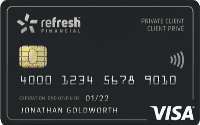
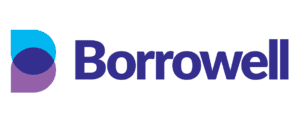

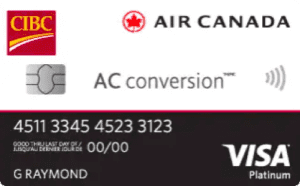










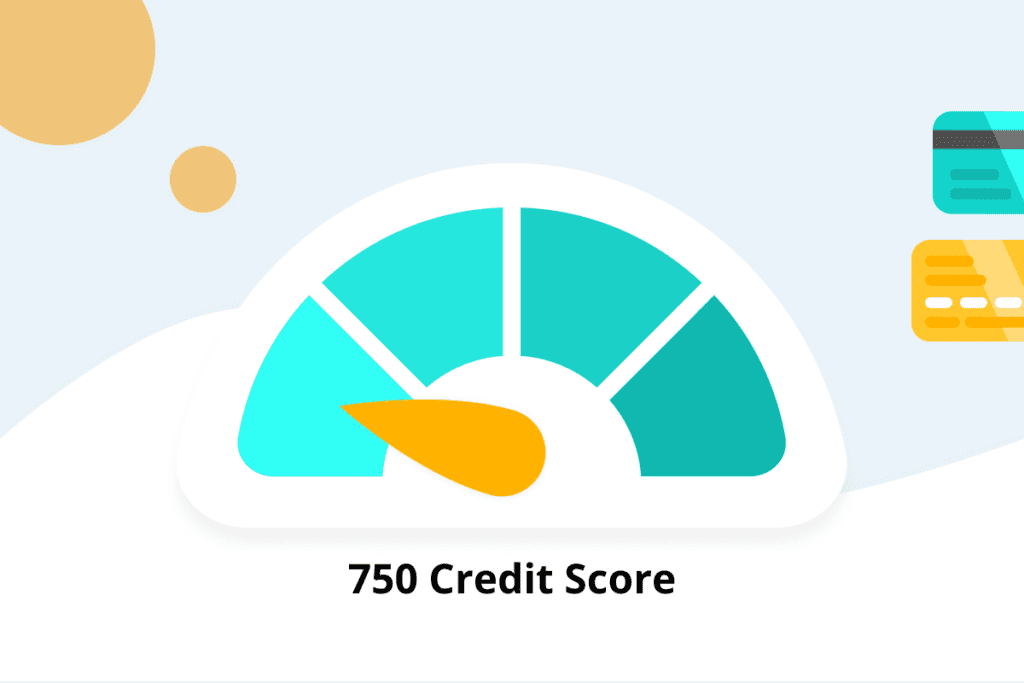
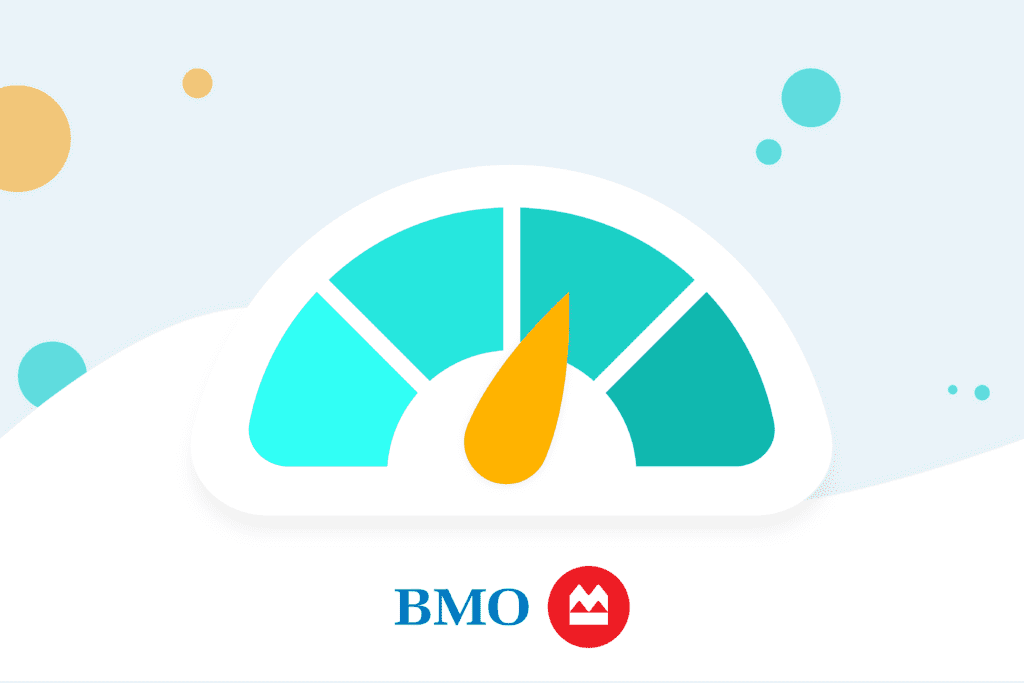
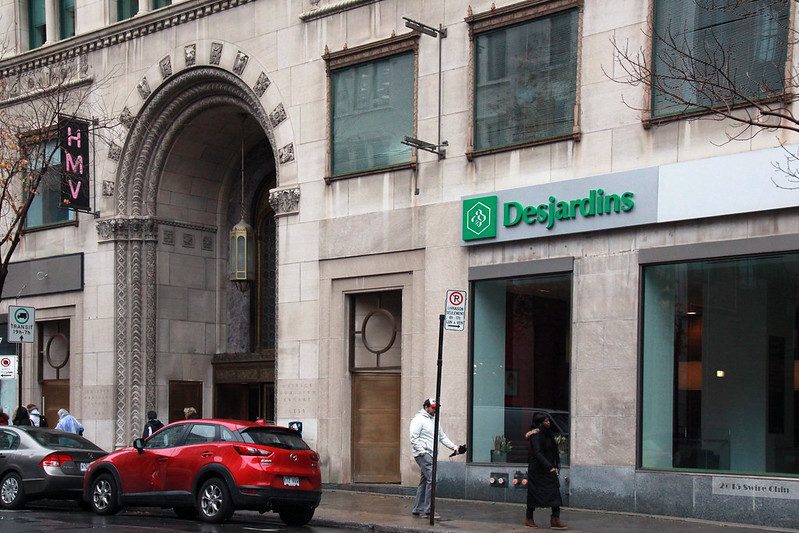


About The Author: Arthur Dubois
Passionate about personal finance and financial technology, Arthur Dubois is a writer and SEO specialist at Hardbacon. Since his arrival in Canada, he’s built his credit score from nothing.
Arthur invests in the stock market but doesn’t pay any fees because he uses National Bank Direct Brokerage online broker and Wealthsimple’s robo-advisor. He pays for his subscriptions online with his KOHO prepaid card, and uses his Tangerine credit card for most of his in-store purchases. When he buys bitcoins, it’s with the BitBuy online platform. Of course it goes without saying that he uses the Hardbacon app so that he can manage all of his finances from one convenient place.
More posts by Arthur Dubois